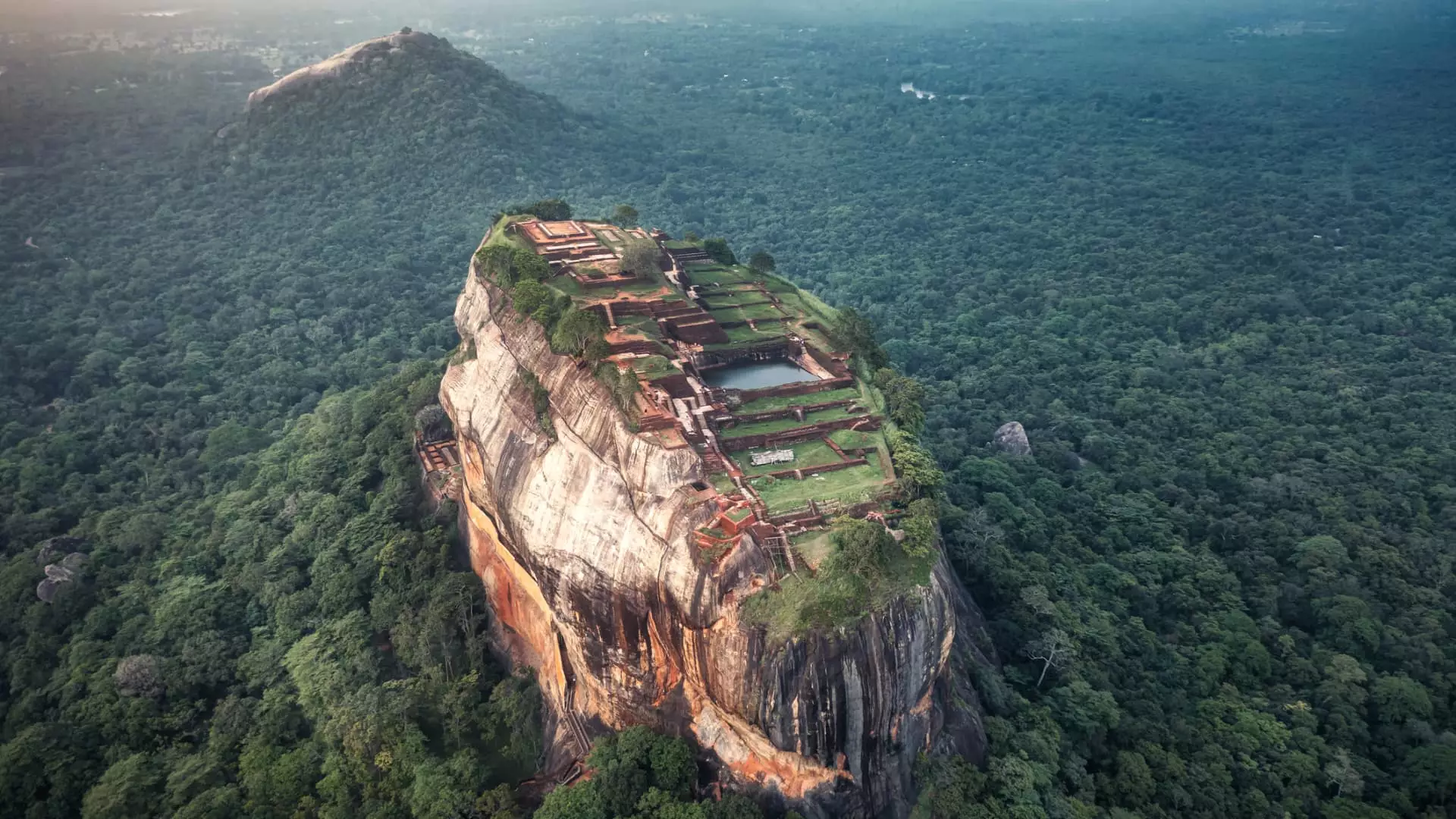In April, the cost of obtaining a short-term visa to visit Sri Lanka doubled from $50 to $100. The Ministry of Tourism in Sri Lanka attributed this price hike to a “technical issue” with the transition from internal Electronic Travel Authorizations (ETAs) to an e-visa system managed by VFS Global, a visa processing company. The Minister of Tourism, Harin Fernando, accused VFS Global of failing to include the 30-day visa option when they started processing visas on April 17. However, VFS Global defended their actions by stating that they followed the directives of Sri Lanka’s Department of Immigration and Emigration (DI&E).
After significant controversy, both parties agreed to reinstate the 30-day travel visas priced at $50 on May 7. VFS Global clarified that the DI&E reintroduced this visa category for all nationalities. The decision to move away from the ETA system was driven by security concerns, as the Ministry of Public Security was facing repeated hacking incidents on the website. Minister Fernando emphasized the importance of partnering with a reputable global company like VFS Global, despite the objections raised by the travel industry and opposition leaders in Sri Lanka.
VFS Global charges a total service fee of $25 per visa, according to local media reports. The fees were outlined in a contract signed with Sri Lanka’s immigration authority in December 2023. VFS Global defended their pricing, stating that service charges are determined based on various factors such as volume of applications, resource costs, and infrastructure requirements. While Fernando acknowledged the initial fees, he highlighted that the fees have since been reduced to $10 for VFS Global and $40 retained by the Sri Lankan government for 30-day visas.
Seven countries, including India, China, Indonesia, Japan, Malaysia, Russia, and Thailand, are eligible for free visas to enter Sri Lanka. However, applicants from these countries are still required to pay VFS Global’s fees. Minister Fernando clarified that while the government of Sri Lanka does not charge for these visas, the platform does. He expressed uncertainty regarding the future of their partnership with VFS Global.
It is essential to differentiate Sri Lanka’s “free visa” policy from “visa-free” agreements established by other Asian countries. Under Sri Lanka’s policy, visas are still mandatory for entry. Sri Lanka is exploring the addition of 60 more countries to the “free visa” list. Minister Fernando emphasized the government’s commitment to finalizing a visa policy within a month, building on pre-existing agreements with more than 40 countries before the COVID-19 pandemic.
The controversy surrounding the rise in short-term visa costs to visit Sri Lanka highlights the complexities of implementing a new e-visa system and the importance of transparency in visa processing fees. The ongoing debate between the government, tourism industry, and VFS Global underscores the need for a balanced approach that safeguards national security while supporting tourism and economic growth.

